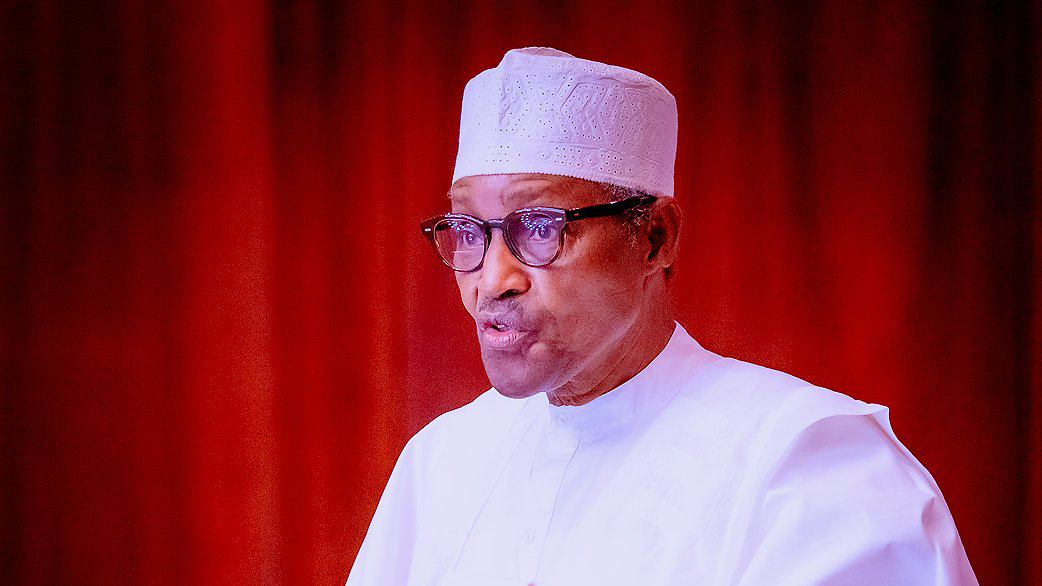
The President Muhammadu Buhari administration deserves more plaudits than it is getting for Nigeria’s 3.50 per cent economic growth in the second quarter of 2022. This, according to the Buhari Media Organisation (BMO), is because it came at a time that much of the world witnessed a general economic slowdown.
BMO said in a statement signed by its Chairman Niyi Akinsiju and Secretary Cassidy Madueke that this was traceable to the same policies that took Nigeria’s economy out of a COVID-19 induced global recession faster than expected.
“Many analysts have continued to express surprise that the Nigerian economy has been showing some resilience after it recorded a 7th consecutive quarter of GDP growth since the recession in Q3 of 2020 at a period of a sustained global slump.
“But for us, it is a reflection of the policies put in place by the Buhari administration even before COVID-19 struck that were targeted at weaning the country off its overdependence on crude oil.
“More than any other administration before it, the Buhari administration through the Central Bank of Nigeria has been deliberate in putting funds into the agricultural sector through various initiatives, including the Anchors Borrowers Programme which has supported nearly 5m farmers and boosted production of 23 food commodities in the country since its launch in 2015.
“And lest we forget, there is also the Information and Communication Technology ( ICT) sector which contributed 18.44 per cent to the GDP as a result of the conducive environment for the digital economy to thrive through the implementation of the National Digital Economy Policy and Strategy (NDEPS) for a Digital Nigeria.
“So while countries like the United States and Britain which are generally acknowledged as having more developed economies are witnessing a decline as a result of the Russia-Ukraine war, Nigeria’s non-oil sector has continued to drive Nigeria’s economic growth like it has done since Q4 of 2020 in defiance of analysts’ estimates.
“In specific terms, the 3.54 per cent growth in Africa’s biggest economy in Q2 2022, compared to a GDP growth rate of 3.11 per cent in the previous quarter, was driven mainly by Information and Communication ; Trade; Financial and Insurance; Road Transport; Agriculture and Manufacturing which jointly contributed 93.67 per cent to the GDP.
“And while we know that the country is not where it should be, especially as inflation and unemployment are still high, we are encouraged by good reviews by financial analysts who see the positive trajectory as good news for investors and creditors”, the group said.
It added that Buhari remains committed to leaving the country better than he met it on assuming office in 2015.



